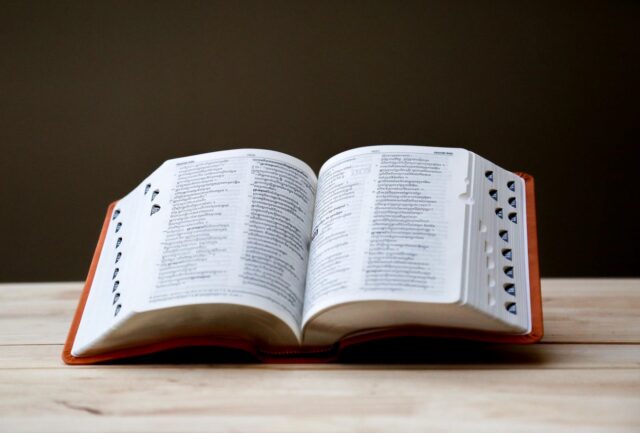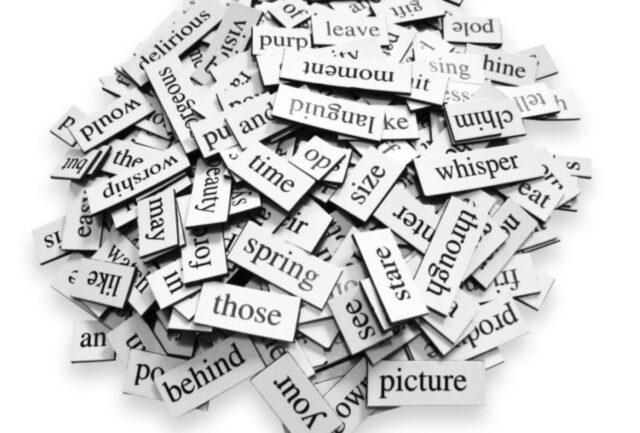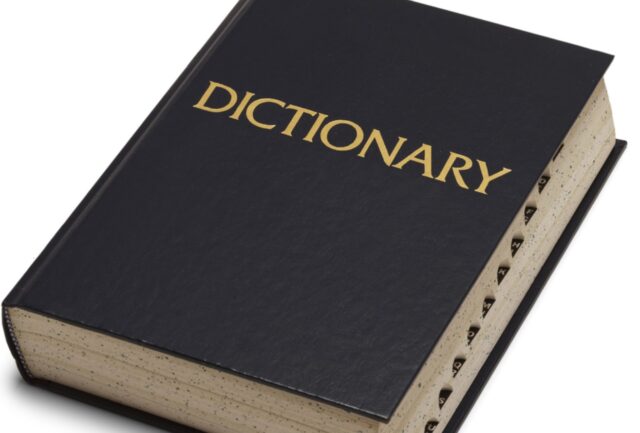
People go through their lives without writing anything more than what was necessary for school classes. We know many more or less famous individuals who were keen on leaving diaries as written testimony about themselves and the things they went through in the past. Some of them became famous such as Anne Frank, even though her diary didn’t contain much joyful content. If you belong to a group of people who by any chance write something daily (or a bit less often), it might be useful to get familiar with helpful tools such as dictionaries and their close relatives, such as Thesaurus. Of course, sometimes you can ask BestCustomWriting.com for help when needed, but it’s better to be able to use dictionaries effectively.
In case you’re a newbie in the field, you may think of the above-mentioned two to be synonyms, and be more wrong than you think at first. We can say that a dictionary is simply a tool that we use to see the words themselves, their meanings, the way how those need to be correctly spelled, pronounced, and used in terms of their context with other expressions or parts of the sentence. A thesaurus, on the other hand, is a tool that helps you express yourself and your thoughts better by offering you expressions with the same or similar meaning based on the initial one you have in mind. It explains what words mean the same, the opposite (antonyms), and what’s effective usage of these in the context you need them for.
Having in mind the importance of the dictionary, which is widely known, let’s have a look at some ins and outs the Thesaurus brings to its users.

Benefits of using Thesaurus in writing
There are many good sides of using this tool in case you’re struggling to express better wording for what you’re about to write. We can say something in many ways, whether we use phrasal verbs, colloquial language (slang) or academic-level language. We also don’t use the same wording when we write for kids, adults, belletristic, or newspapers. The unique is only the need to express our thoughts carefully. Therefore, let’s see what are good sides of Thesaurus first.
1. Memory crutches
We all know those moments when we’re trying to remember some basic words that just don’t want to slip from the tip of the tongue. We’re desperately trying to focus on it and making our brain run in circles which results with… well, nothing. Here’s where Thesaurus enters the doors in big style. By just typing a similar expression or phrase, we can back our memory up and make its wheels turn as we successfully move on to the next combination of words happy to have found the exact one we needed.

2. Word-based habit
Writers often try to find a new expression for what they’re about to say. They don’t want to use the same one they have always used for something. If we understand that the word ‘disgusting’ has as many synonyms as you can imagine, why leave ourselves in the chains of this one only. Even though this one might have been over-used throughout one’s lifetime and yet the one we need for that single paragraph to convey that exact message. This is where Thesaurus can also offer its hand. Whether we used it always or never before, it’s good to know the options and simply make use of the one that sounds most appropriate.
3. Mindflow stream peace
Watching the talk-show on TV can prove how easy it can be to interrupt one’s thoughts and leave them without the slightest chance to continue it without difficulties. Rare are those who can easily switch from channel to channel in their head, and more often they just go with the flow and many things (maybe important ones) are left unsaid. It’s similar when you want to write something, follow your flow of thoughts and need to remember a perfect thing to say. In poetry, it’s even harder, since the minimalism of modern poetry makes it just mishit to use the inappropriate one(s). Using tools such as this website can soften the transition in thoughts and help you find the right one without rough breaks, making the kind of bridge between two parts of the ongoing writing process.

When not to use Thesaurus in writing
4. Its majesty – subconsciousness
When the engine of our talented mind delivers to life the idea we want to turn into writing, it’s good to allow our minds the naturally driven rhythm to express it. There’s a thin line between helping ourselves and using the help of some tool like this, as well as between letting our minds wander and finding the corresponding phrase. Timing and guts can help you there – when you’re sure that your free thoughts won’t suffer if you back them up, just go for it
5. Appropriate word usage
The opinion behind this is that in case you need to find the expression to use, the chances are you won’t be able to use it well enough and you’ll end up having the wrong phrase in the wrong place. Some professors disable the option of using the thesaurus in students’ academic writings. They justify the decision with the need to enhance their talent and kill the amateurism that they believe could occur otherwise.
Just like colors, the words have nuances you might be more or less aware of. To make sure you’re using the right one, you need to be fully aware that it does exist and it influences the flow of the written or spoken text. The overdoing in life is not good at anything – and the same goes for this aspect too. Using thesaurus a lot for sintagma whose meaning and implications you don’t understand can easily be counterproductive.

When you don’t exaggerate in synonym searches and correct phrases to write, using a tool like this is more than welcome. If you’re writing a long, complex piece of work such as a novel, having this online friend is a consolation, to say the least. Yet, make sure to lean on to your talent to understand when you should look for more in your mind and when a touch-of-your-fingertips away.
If you belong to a group of people who by any chance write something daily (or a bit less often), it might be useful to get familiar with helpful tools such as dictionaries and their close relatives, such as Thesaurus or writezillas.com.









